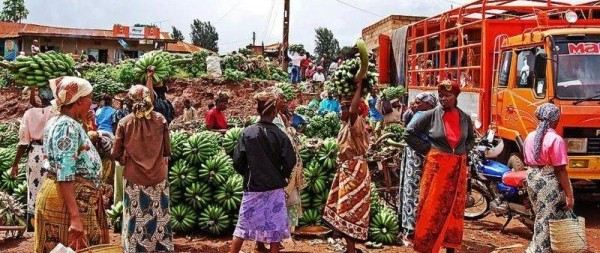(3 Minutes Read)
Agriculture Minister Hussein Bashe announced the measure, citing the need to safeguard Tanzania’s commercial interests amid persistent trade barriers from both nations.
Tanzania has imposed a sweeping ban on agricultural imports from South Africa and Malawi, intensifying a long-running trade standoff that could significantly disrupt regional supply chains and market access. Agriculture Minister Hussein Bashe announced the measure, citing the need to safeguard Tanzania’s commercial interests amid persistent trade barriers from both nations.
The move directly targets key South African fruit exports such as grapes and apples, while significantly complicating logistics for Malawi, a landlocked nation that relies on Tanzania’s Dar es Salaam port for the bulk of its inbound and outbound trade. Malawi exports commodities including tobacco, sugar, and soybeans through Tanzania ports.
Malawi’s authorities introduced their import restrictions in March, covering goods such as flour, rice, bananas, maize, and ginger, framed as a temporary measure to protect domestic producers. Tanzanian officials, however, argue the restrictions disproportionately hurt cross-border commerce.
Bashe described the trade actions taken by Malawi as “unfair and harmful” to Tanzanian businesses and stated the import ban was necessary to restore balance. “No Tanzanian will suffer from a lack of South African grapes or apples,” he said, seeking to calm food security concerns.
Official data from Tanzania’s Ministry of Trade shows exports to Malawi have more than tripled between 2018 and 2023, highlighting the growing importance of the Malawian market to Tanzanian producers.
While Tanzania may redirect its exports to regional partners like Kenya, Namibia, and South Sudan, Malawi faces more complex challenges. Losing access to Dar es Salaam would likely force rerouting through Mozambican ports such as Beira and Nacala, increasing transit costs and delivery times.
Read Also:
All three countries involved, Tanzania, Malawi, and South Africa, are members of the Southern African Development Community (SADC), which promotes economic integration and free trade. The current tensions, however, risk undermining those goals and raising concerns among investors and regional businesses.





